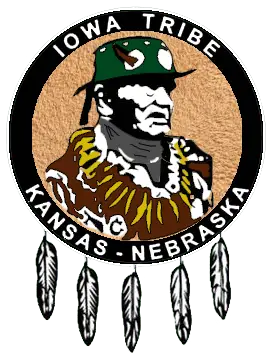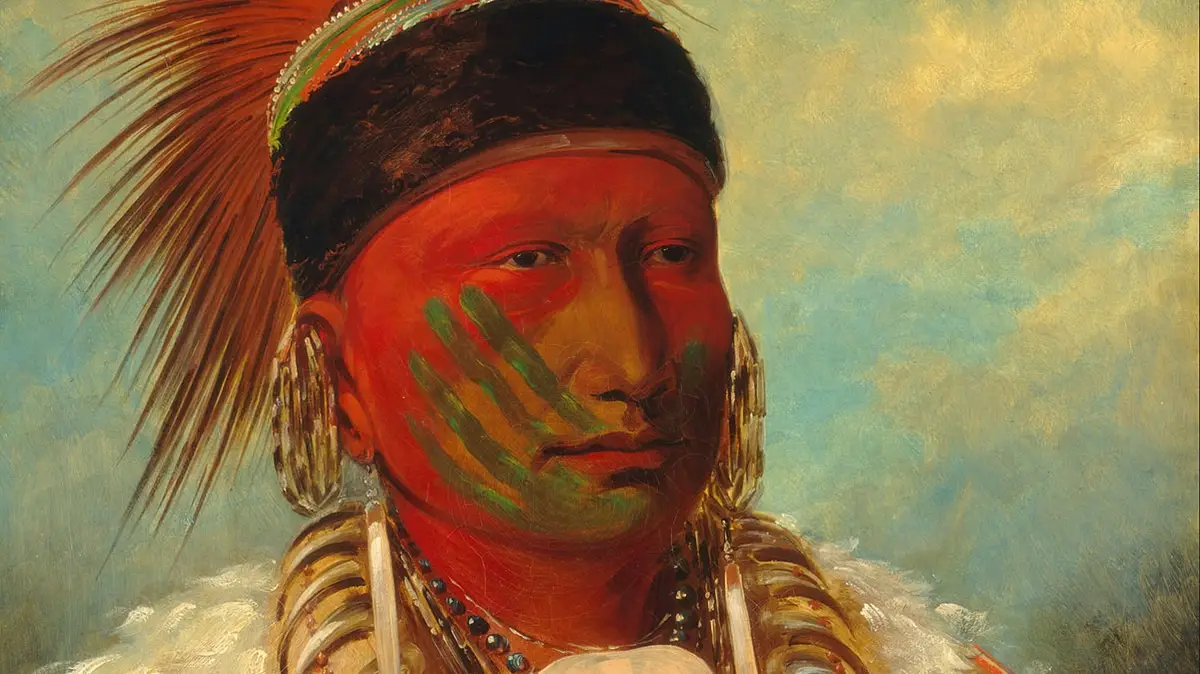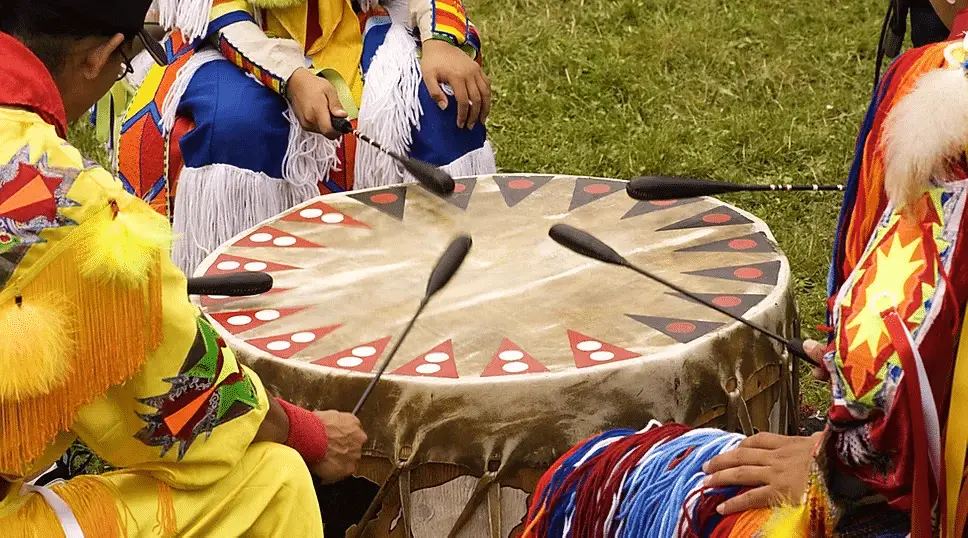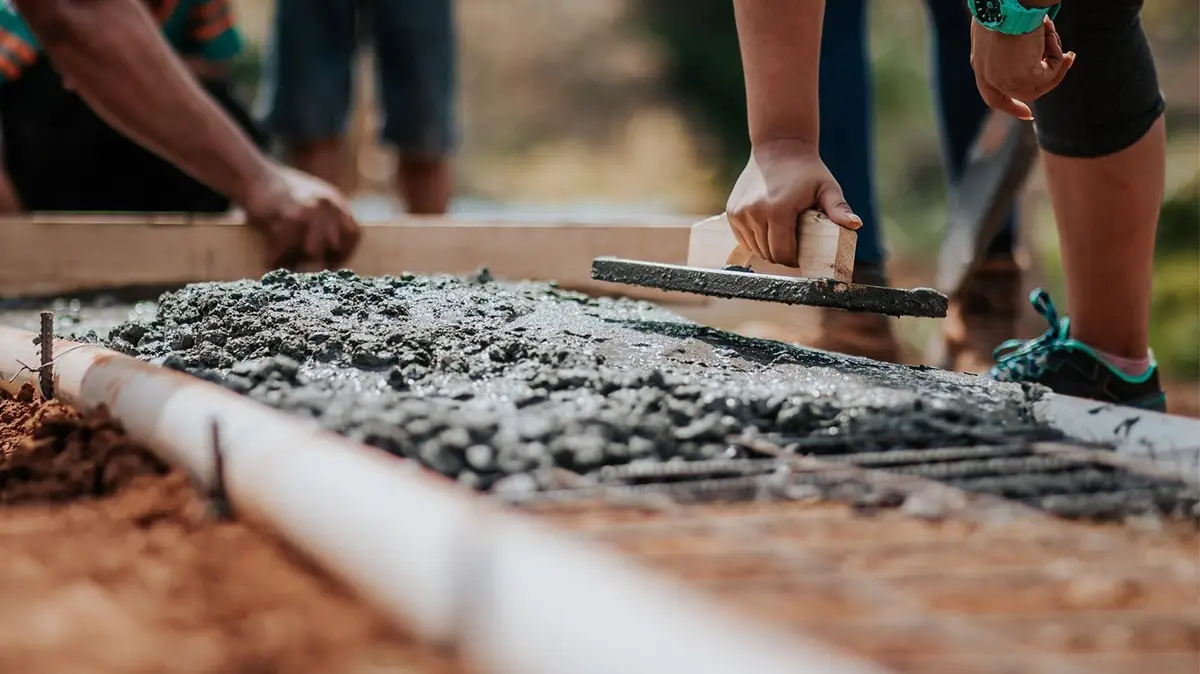Key Issues We Address
Understanding the harm is the first step toward healing.
Everything you share with us is confidential. We will not share your information without your permission — unless someone is in immediate danger. We’re happy to answer any questions you may have about what confidentiality looks like in practice.
Violence has no place in our traditions. The PEACE Program works to raise awareness about the many forms abuse can take — and how we, as a community, can respond with empathy, protection, and strength. These issues affect people of all backgrounds, and tribal communities may face additional barriers to seeking help. That’s why education is at the heart of everything we do.
Domestic Violence
It’s about power — not love.
Domestic violence is a pattern of behavior used to gain power and control over another person. It may involve physical violence, threats, emotional manipulation, or isolation. It can happen in any relationship — including romantic partners, family members, and caregivers.
Common Signs:
Jealousy or controlling behavior
Verbal abuse or constant criticism
Isolation from friends or family
Threats of harm or destruction of property
Walking on eggshells to keep the peace
No one deserves to feel unsafe in their own home. We’re here to help.
Sexual Assault
Consent must be clear, enthusiastic, and freely given — every time.
Sexual assault is any form of sexual contact that happens without full, willing consent. It can happen between strangers, partners, or even people we trust. Survivors often carry deep emotional and spiritual wounds, and the journey toward healing is deeply personal.
What it might look like:
Being forced, coerced, or manipulated into sex
Unwanted touching or groping
Rape or attempted rape
Being pressured or threatened into sexual activity
It’s not your fault. You didn’t deserve it. And you don’t have to go through it alone.
Stalking
It’s not flattering — it’s fear.
Stalking is repeated, unwanted attention that causes you to feel afraid, anxious, or unsafe. It often goes hand-in-hand with abusive relationships and can continue even after someone leaves.
Warning Signs:
Repeated unwanted calls, texts, or messages
Showing up uninvited at your home, job, or community events
Monitoring your online activity or using GPS tracking
Threats or intimidation disguised as “checking in”
Your fear is valid. Trust your instincts — and let us help keep you safe.
Dating Violence
Everyone deserves a healthy relationship.
Dating violence is a type of intimate partner violence that happens in romantic or sexual relationships — especially among youth or young adults. It can involve emotional abuse, manipulation, physical harm, or pressure around sex.
It may look like:
Constant texting or checking in
Telling you what to wear, do, or say
Gaslighting or making you question your memory
Physical violence during arguments
Love should never hurt. We’re here to help you recognize red flags and reclaim your voice.
How We Help
Through advocacy, education, and outreach, the PEACE Program helps individuals and communities recognize the signs of abuse, break harmful cycles, and create spaces rooted in respect, safety, and healing.
Learn more:
Need to Talk? We’re Here.
Heather Berry, PEACE Program Coordinator
Work Cell 785-850-6596
Office: 785-595-3261
3313 Thrasher Rd.
White Cloud, KS 66094
Crisis Cell: 402-801-0230

The Peace Program, offered through Cina Akidąwe, offers free services for members of Federally recognized Tribes living in our service area: Doniphan, Brown, Holt, and Richardson counties.






